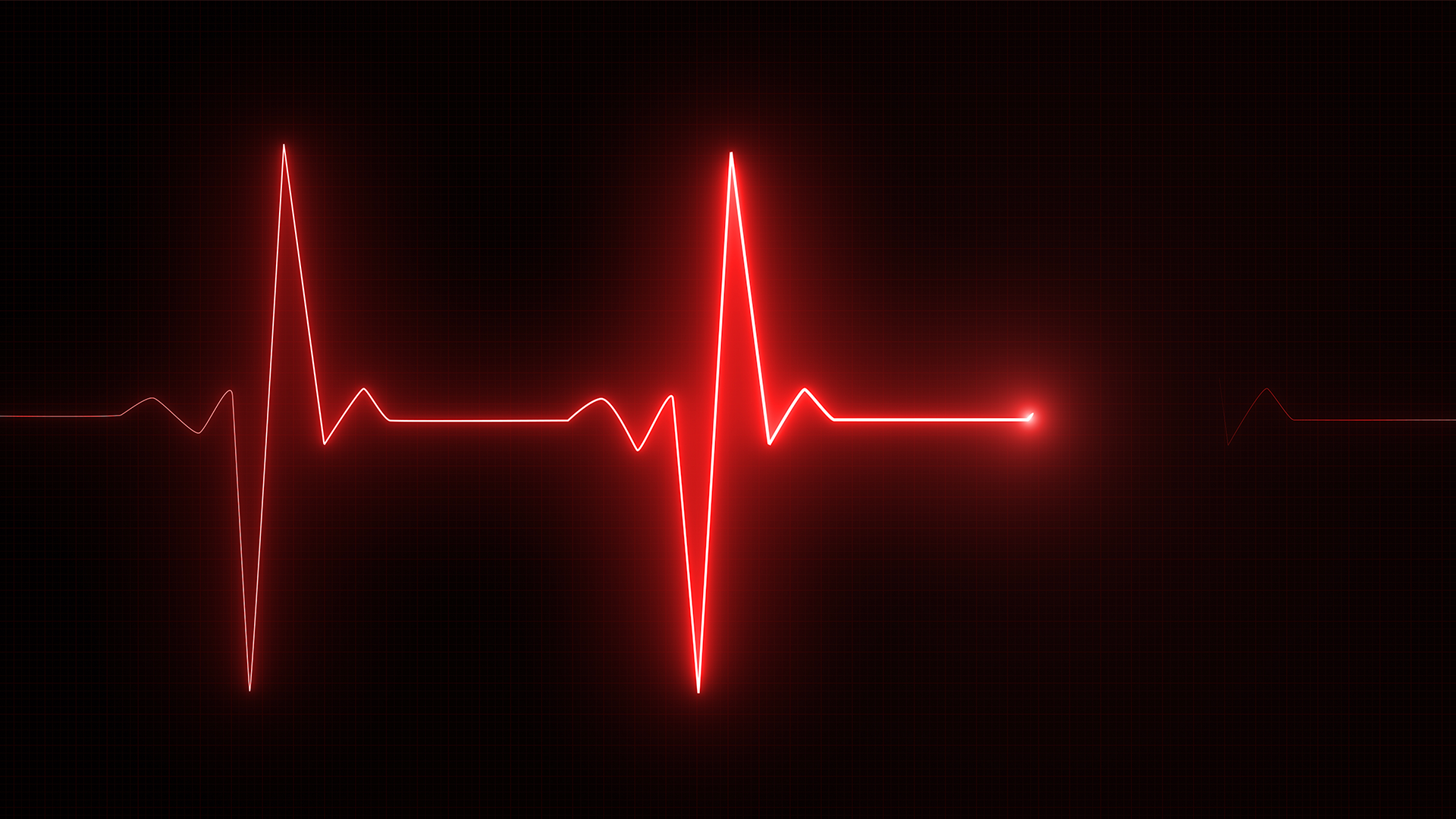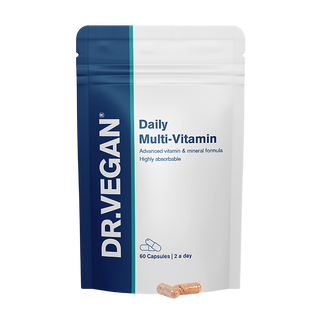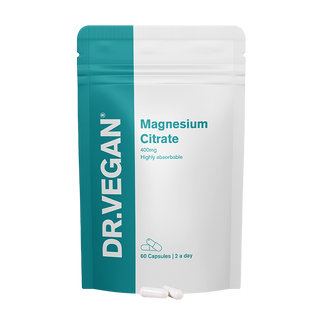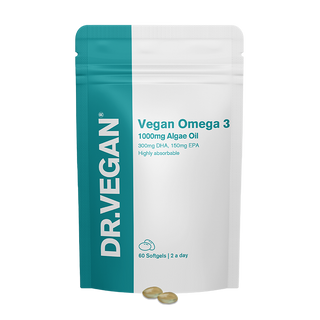How to manage blood pressure naturally

1 in 3 adults in the UK have high blood pressure, while 47% of adults in the USA have high blood pressure, also known as 'hypertension'. It is normal for blood pressure to rise and fall during each day, but sustained high or low blood pressure, and high blood pressure in particular, creates risks for our heart and can cause health issues. Expert nutritionist, Isabelle Nunn (MPharm, Dip NT), who was also a practising pharmacist for over 10 years, explains what you need to know about blood pressure and how you can manage it naturally.
What is blood pressure and why it's important
When our heart beats, it pumps blood around the body, providing us with the energy and oxygen we need. As our blood travels through our arteries and blood vessels, it pushes against the sides of the blood vessels and exerts pressure, which is referred to as ‘blood pressure’.
What's your diet missing? Create your free Diet Profile.
High blood pressure (hypertension) puts additional strain on the heart and arteries and if it's not managed, it can increase the risk of stroke, kidney damage and even brain damage.
How is blood pressure measured?
Using a simple test at your GP or pharmacy, a reading is obtained with two numbers and is based on an average.
The systolic pressure (the higher number) is when the heart contracts and blood is pumped around the body.
The diastolic reading (the lower number) is measured when the heart relaxes between beats.
Both are measured in millimetres of mercury (mmHg). It may not be a sexy topic but it is really important to know your reading. More and more younger adults are hypertensive and may not even know it because the symptoms can be mild and non-specific.
What is optimal blood pressure?
Optimal blood pressure lies between 90/60 mmHg and 120/80 mmHg. If your reading is 90/60 mmHg or lower, you may have low blood pressure which often doesn't present any symptoms. However, it could be a sign that not enough blood is reaching your brain or vital organs which can make you feel dizzy, fatigued, nauseous, experience difficulty concentrating or sleepy.
There can be a variety of causes of low blood pressure, including dehydration, long-term stays in bed, pregnancy, some medications and medical conditions, and anaemia. Anaemia can also be a sign of iron deficiency, especially in women of childbearing age.
Vegan Omega 3 | 1000mg Omega Oil with DHA & EPA
Women have lower blood pressure than men, which means women are more likely to be treated for high blood pressure when their systolic pressure (the higher number) is a reading of 110, rather than the standard reading of 120.
For both men and women, if your reading is between 120/80 mmHg and 140 mmHg, you may be at risk of developing 'hypertension'. Symptoms of hypertension can include shortness of breath, fatigue, irritability, headaches, blurred vision, chest pains and increased perspiration. You may also enjoy reading 'How to beat chronic fatigue'.
What affects blood pressure?
Genetics, our diet, our lifestyle, age, stress and anxiety, and psychological factors can all affect our blood pressure.
Dietary factors
A diet high in foods with high salt (sodium) content such as crisps, processed foods, salami, gravy granules, and unhealthy fats can all affect blood pressure. Likewise, excessive consumption of sugar and alcohol along with very little exercise will also impact blood pressure. You may also enjoy reading about the symptoms of high and low blood sugar and also 'Healthy fats and unhealthy fats explained'.
Daily Multi-Vitamin

It isn’t just down to what we consume that affects our blood pressure, it is also down to which nutrients we miss in our diet and may be deficient in. For example, a low intake of healthy fats, Magnesium, Calcium, Potassium and Vitamin C containing foods will all negatively impact our blood pressure.
Does caffeine raise blood pressure?
It's a common question and the answer is 'yes'. While some people can develop a tolerance to coffee, studies show the consumption of two or three cups of coffee increases systolic and diastolic blood pressure by 3-14 mmHg. If you're looking to wean yourself off coffee, read more about the best alternatives to caffeine.
Smoking and blood pressure
Smokers are more likely to develop extreme hypertension and high blood pressure, causing damage to arteries in addition to the damage and risk of heart disease caused by the tar in cigarettes.
How to manage blood pressure
While prescribed medication can help manage blood pressure, it's also important to be aware that blood pressure medication can materially deplete levels of certain nutrients.
Magnesium
Magnesium is an essential mineral, vital for our psychological wellbeing, energy levels, blood sugar management, muscle contractions and supports a normal heartbeat.
Magnesium Citrate

About 15 % of us are deficient in magnesium, and blood pressure medication can further deplete your magnesium levels, so increasing magnesium-rich foods in your diet, including legumes, whole grain cereals, nuts, and dairy foods, is a great place to start.
Magnesium deficiency can also be caused by stress, antibiotics, contraceptive pills and digestive problems such as IBS. So, whether you are on blood pressure medication or not, correcting your magnesium levels is important, and taking a highly absorbable magnesium supplement may be the best option.
Potassium
Certain diuretics, which are taken to help rid your body of salt (sodium) and water, can reduce your levels of potassium, an important mineral that is needed by all tissues in the body. While cutting down on salty foods is the best place to start, increasing your potassium intake provides a protective effect, particularly on the heart.
Foods rich in potassium include plain yoghurt, bananas, avocado, dark leafy greens and salmon. Consuming more plant-based foods will easily help you achieve a higher intake of potassium.
Calcium
Calcium plays an important role in the health of our bones, teeth, digestive system and heart function. Our calcium levels can be affected if we limit dairy or animal produce, and although calcium can be obtained through plant foods such as broccoli and tahini, the absorption can be limited.
A high-quality Bone & Muscle formula can be a great way of replenishing your magnesium and calcium levels, particularly if you are going through menopause or follow a plant-based diet.
Foods to help lower high blood pressure
When thinking about reducing blood pressure naturally through your diet, adding spices such as turmeric and cinnamon to your cooking will be beneficial due to the compounds that positively affect 'bad' LDL cholesterol levels and high blood pressure.
Omega 3 is not only vital for our brain health, it's also vital for our heart health, and clinical studies show foods rich in Omega 3 fatty acids and Omega 3 supplements high in EPA and DHA, are an effective way to help reduce blood pressure.
Increasing consumption of garlic, onions, broccoli, cabbage and Brussels sprouts will help in the production of hydrogen sulphide, a compound made by your gut bacteria which can relax blood vessel walls, thereby helping to lower blood pressure.
Avoiding processed foods and added salt will also help to reduce blood pressure as high levels are present in processed foods to enhance the flavour.
While diet and lifestyle changes are always the first place to start to lower blood pressure, supplements can also help, so consider Magnesium, vegan Omega 3, CoQ-10, Vitamin C, vegan Vitamin D3, Iron, B Vitamins, probiotics and calcium which can also all be safe to take while on blood pressure medication. If you're taking blood pressure medication, make sure you avoid any supplements with liquorice or guarana, and if you're at all uncertain, do check with your GP or a pharmacist.
As your blood pressure may change with all your efforts to lower it, make sure you keep up regular tests of your blood pressure because you may be able to reduce your medication.
You may also enjoy reading:
- Warning signs of a heart attack
- A nutritionist's food guide for a healthy heart
- 5 cholesterol myths busted
- How stress affects the heart
- 5 Tips to improve 'healthy' cholesterol
View our range of award-winning vegan probiotics, vitamins and supplements.
Want to hear more from our nutritionists? Sign up to our free newsletter for expert tips and advice.



















